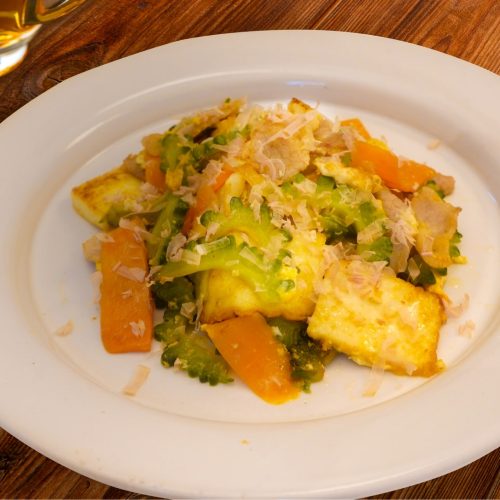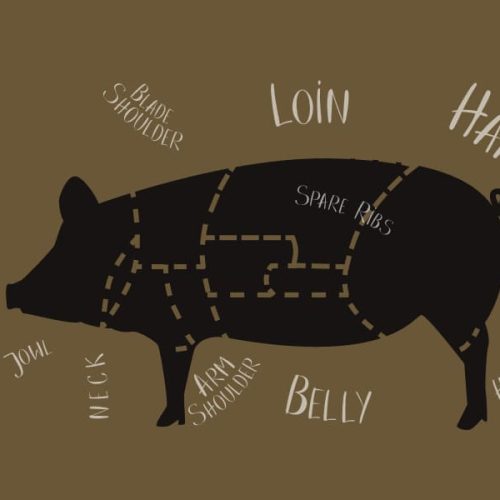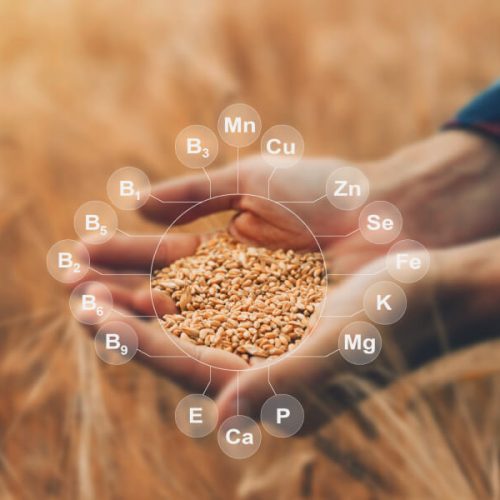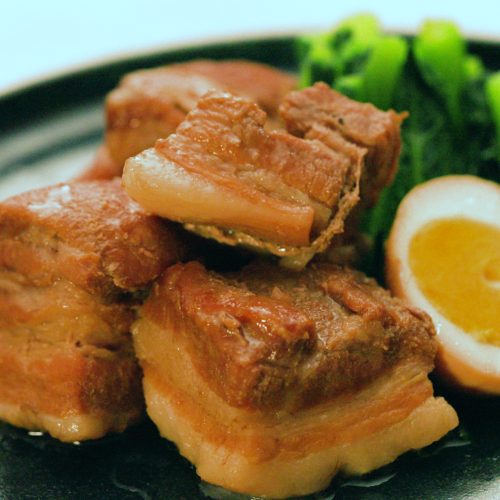- COLUMN
Nutrients in Pork. Porkology vol.2
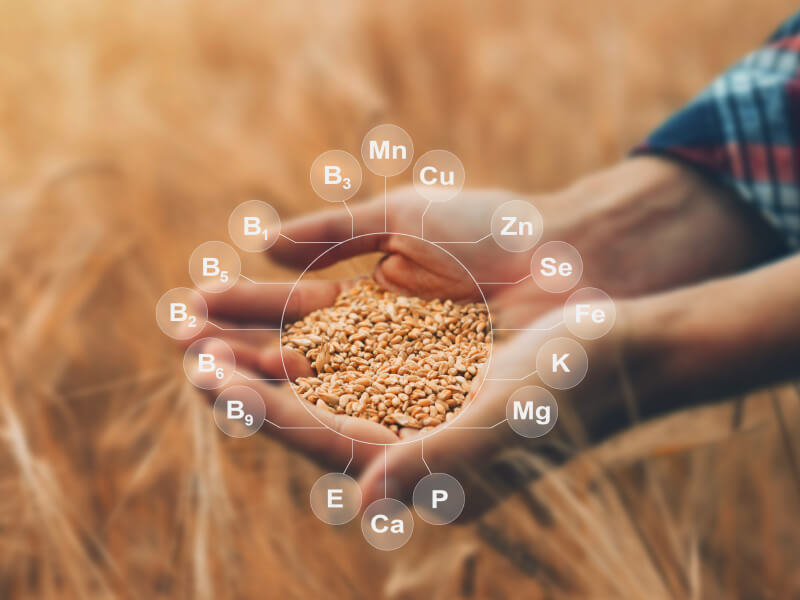
In the first installment of “Porkology,” which introduces various aspects of pork, we introduced the many breeds of pork, their characteristics, and the process by which pork is served.
In this second installment, we would like to introduce pork with a spotlight on nutrients that are indispensable for our survival, as well as the nutrients that make “Yume no Daichi” superior to other types of pork.
If you know the nutrients contained in pork, you may find that the pork you normally eat tastes even better!
Main nutrients in pork
Meats such as pork, beef, and chicken support our diet. The nutrients contained in meat vary from one meat to another.
As we mentioned in the previous Porkology vol. 1, pork, which is the most commonly used meat in the world, surpassing chicken, is actually a highly nutritious food that is rich in protein, B vitamins, minerals, and fat.
- PROTEIN
-
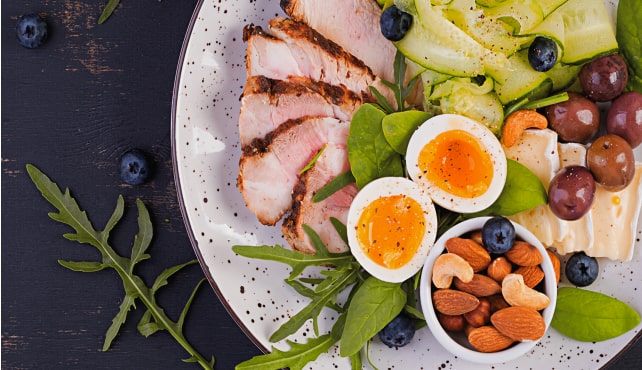
- Protein is one of the three major nutrients along with carbohydrates and fats.
It forms the main parts of the body, including muscles, organs, skin, blood, hair, and hormones, and is an essential nutrient for maintaining good health.
Protein is composed of 20 types of amino acids, 9 of which are called essential amino acids.
Essential amino acids cannot be sufficiently synthesized in the body, and if there are not enough of them, protein cannot be synthesized, so it is necessary to ensure that they are consumed and supplemented in the daily diet.
As you can see, protein is very important for life and the essential amino acids that make it up, and there is an index called the amino acid score that shows how well balanced these essential amino acids are in the food on a 100-point scale. Pork has a perfect score of 100!
Pork is a very high quality protein.
- VITAMIN B GROUP
-
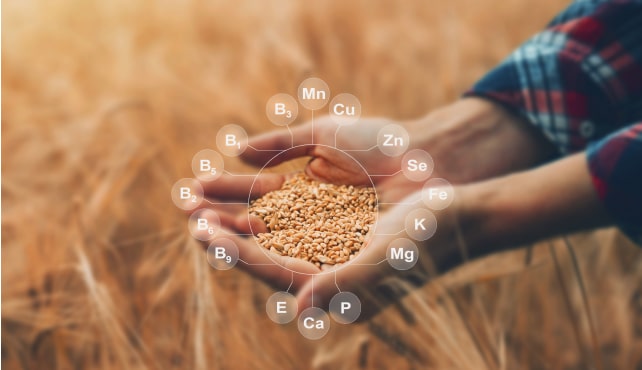
- There are eight B vitamins: vitamin B1, vitamin B2, vitamin B6, vitamin B12, niacin, pantothenic acid, folic acid, and biotin. Among them, pork is rich in vitamin B1, vitamin B12, and niacin.
These three vitamins are abundant in pork.
Vitamin B1 promotes recovery from fatigue, vitamin B12 regulates autonomic nervous system disorders, and niacin is necessary for the production of skin and mucous membranes.
B vitamins are water-soluble vitamins and are one of the nutrients that should be supplemented daily, as the body eliminates more of them than it needs.
Nutrients especially rich in
“Yume no Daichi”
Yongenton “Yume no Daichi” pork is fed a special proprietary feed that is richer in nutrients such as collagen, oleic acid, and vitamin B1 than ordinary pork. Here, we will focus on these three nutrients and explain them.
- COLLAGEN
-
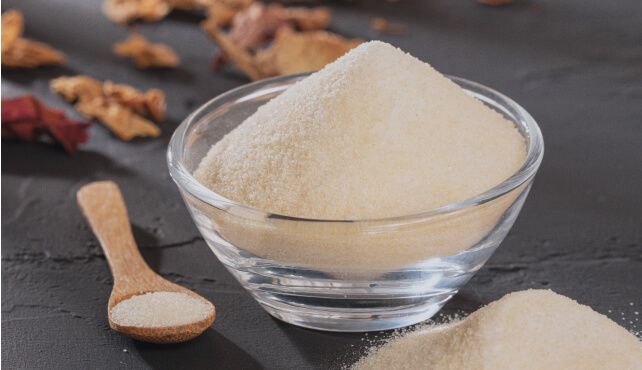
-
Collagen accounts for about 30% of the protein in the human body and is a protein that mainly makes up skin, cartilage, and blood vessels. Collagen, which is easy to understand if you think of the soft gelatin, is responsible for binding cells together, maintaining healthy bones, and providing moisture and elasticity to the skin.
In Japan, it is widely known as one of the ingredients useful for beauty and health, and dishes containing collagen are popular. -
- Compared to ordinary pork, “Yume no Daichi” contains more than twice as much collagen. In particular, it is said to be abundant in the belly and pig’s feet.
- OLEIC ACID
-
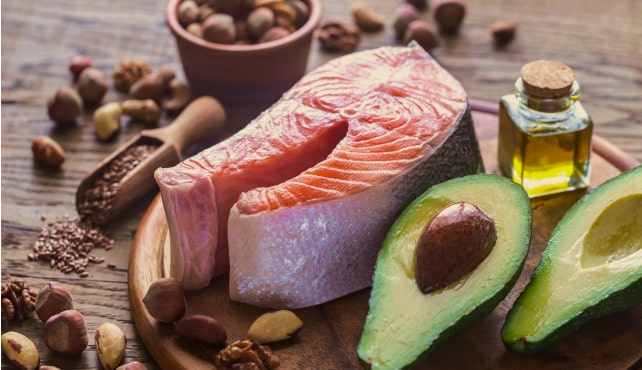
-
Oleic acid is a monounsaturated fatty acid, and is one of the lipids that are more resistant to oxidation and heating than other oils.
Due to the antioxidant effect of oleic acid, it is said to inhibit the attack of active oxygen, which is said to cause cancer. Furthermore, oleic acid has the effect of reducing bad (LDL) cholesterol, and can be expected to prevent arteriosclerosis, high blood pressure, myocardial infarction, cerebral infarction, and other problems caused by arteriosclerosis. -
- Oleic acid is a component that contributes to the taste of pork, and Yume no Daichi, which contains more oleic acid than most pork, has a richer umami and sweet taste.
-
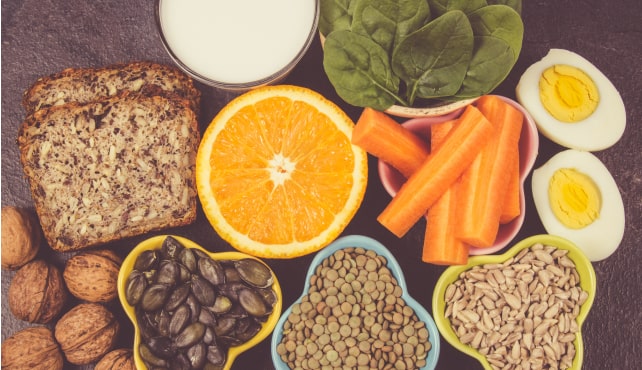
- VITAMIN B1 (THIAMINE)
-
Vitamin B1 is responsible for the production of energy from glucose, and a deficiency of this vitamin can cause symptoms such as loss of appetite, fatigue, and lethargy. Since the brain, in particular, cannot use fatty acids as an energy source and relies almost exclusively on glucose for energy, a deficiency of vitamin B1 should be avoided.
In addition, the use of instant foods is increasing in the modern age, and since instant foods contain a lot of carbohydrates, a lot of vitamin B1 is used for their breakdown, resulting in an increase in the number of people suffering from beriberi, especially among the younger generation. -
-
“Yume no Daichi” contains about twice as much vitamin B1 as ordinary pork.
The amount of vitamin B1 contained per 100g is 1.35 mg (according to the Japan Food Analysis Center). According to the Japanese Intake Standards 2020, the recommended daily amount of vitamin B1 is 1.1 mg for women aged 18 to 74 and 1.4 mg for men aged 18 to 49. Therefore, eating approximately 100 g of “Yume no Daichi” can supplement the recommended daily amount of vitamin B1.
Among the B vitamins, vitamin B1 is effective in relieving fatigue, so it is recommended when you want to relieve fatigue.
“Porkology” focuses on pork itself.
In the second installment, we introduced the nutrients contained in pork, and furthermore, what nutrients Yongenton “Yume no Daichi” pork contains more than common pork.
We hope you have learned that pork, which is most commonly consumed in various countries, is actually a reliable food that provides nutrients necessary for health and body building, such as a perfect amino acid score of 100 and rich in vitamin B group.
We will continue to dig a little deeper into pork in the next issue, so stay tuned!
Editor

MAKITA Yoshimi
Registered Dietitian
She has experience in product development and specific health guidance for a food service company.
In addition to her extensive field experience as a registered dietitian, she is involved in column writing and nutritional calculations.
She specializes in creating menus for people with health issues.

